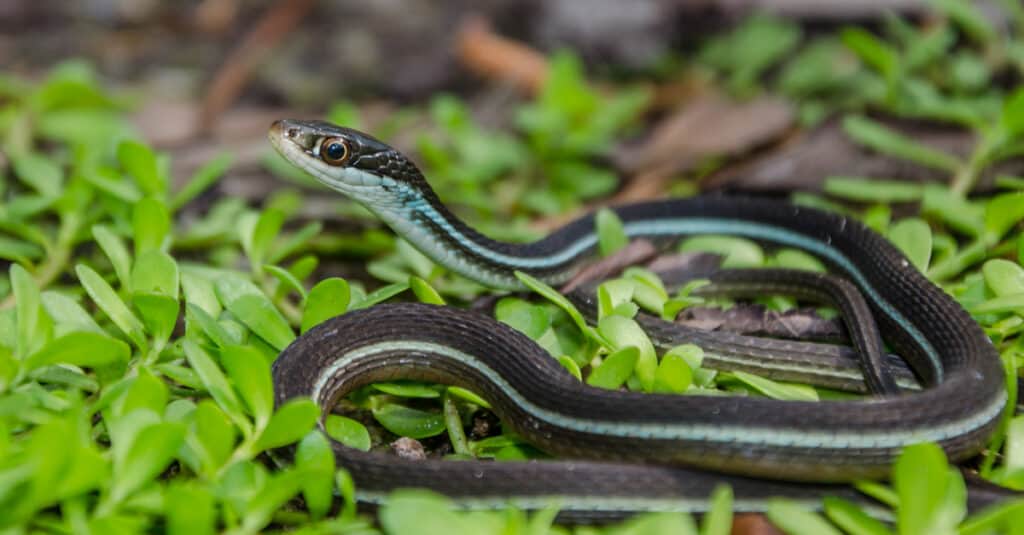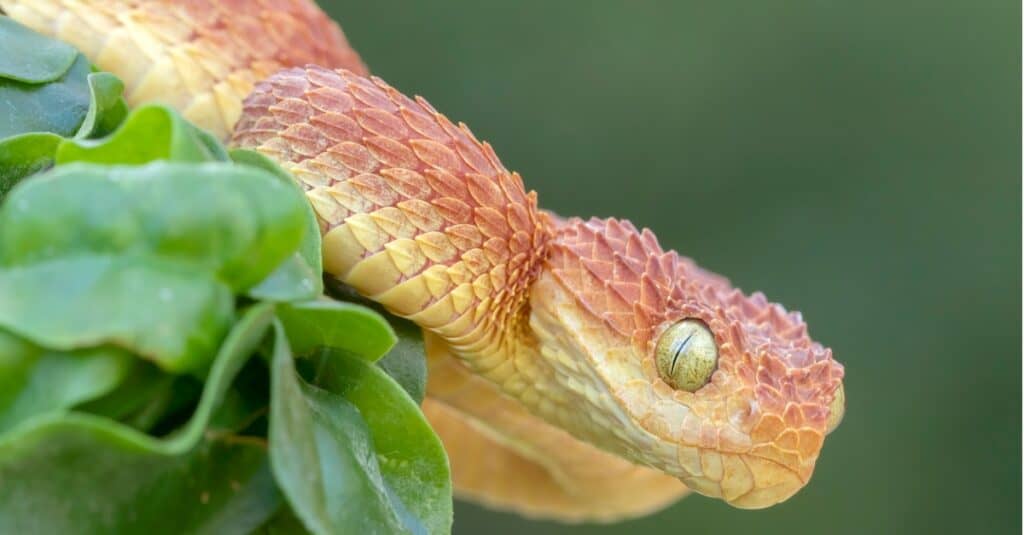Introduction
Tiger snakes (Notechis scutatus) are amongst one of the most interesting yet feared reptiles located in Australia. With their striking appearance and potent venom, these serpents stimulate a blend of admiration and care. Observing tiger snakes in their natural surroundings can be an exciting experience for nature fanatics, wildlife professional photographers, and scientists alike. Nevertheless, it's vital to approach this endeavor with respect for the animal's environment and an understanding of safety measures to avoid serpent bites.
In this extensive overview, we'll check Differences between Australian taipans and brown snakes out just how to securely observe tiger snakes in their natural habitat. We will cover topics ranging from comprehending their habits and habitats to emergency treatment for snake bites-- furnishing you with knowledge to improve your experience while reducing dangers.
What is a Tiger Snake?
Tiger serpents are very poisonous snakes native to Australia, especially Tasmania and seaside areas. They are known for their distinct banded pigmentation resembling a tiger's red stripes, which can vary from yellowish-brown to dark brown and even black.
Physical Characteristics
Tiger serpents are tool to large-sized serpents that can mature to 2 meters long. Their bodies are durable, and they have a broad head that is distinctly bigger than their necks.
Habitat Preferences of Tiger Snakes
These reptiles usually occupy marshes, tidewaters, and coastal areas however can additionally be discovered near freshwater sources like rivers and lakes. Understanding where these serpents live is essential for anyone looking to observe them safely.
Understanding Tiger Snake Behavior
Are Tiger Snakes Venomous?
Yes, tiger snakes are amongst one of the most poisonous serpent varieties globally. Their venom contains neurotoxins that can result in major clinical issues if bitten.
Behavioral Traits
Tiger snakes are usually shy creatures; they favor to avoid human communication. Nonetheless, they can become hostile if endangered or cornered.
Where Can You Find Tiger Snakes?
Tiger Snake Environment Exploration
To securely observe tiger serpents in their all-natural habitat, it's essential initially to recognize where they prosper. They often tend to prefer:
- Coastal marshlands Mangroves Swamps Riverbanks
Best Places for Observation
Some advised locations include:
- Tasmanian wetlands The coasts of southerly Australia National parks with water bodies
Safety Preventative measures Before Observing Tiger Snakes
Understanding the Dangers of a Tiger Serpent Bite
Although encounters with tiger serpents can be thrilling, knowing the risks included is paramount:
Recognize signs of a snake bite: swelling at the site, discomfort emitting from the bite area. Know emergency situation contacts: Acquaint on your own with neighborhood emergency services. Carry a first-aid set especially equipped for serpent bites.First Aid for Snake Bites: What You Need to Know
Knowing what actions to take if bitten can conserve your life or another person's:
- Stay calmness; movement boosts poison spread. Call for clinical help immediately. Do not use ice or attempt suctioning.
How to Safely Observe Tiger Snakes in Their All-natural Habitat
When you choose to observe tiger serpents in the wild:

Equipment Required for Observation
Essential Equipment Checklist
- Binoculars First-aid kit especially made for snake bites Field manual on Australian reptiles Camera (with zoom capability)
Snake Bite Emergency treatment Set Essentials
A fully equipped emergency treatment kit Learn more need to consist of:|Thing|Objective|| -------------------------------|-------------------------------|| Compression plaster|To immobilize the afflicted area|| Antihistamines|For allergic reactions|| Emergency get in touch with numbers|Quick gain access to throughout emergencies|
Interpreting Tiger Serpent Signals
Understanding just how tiger serpents connect with body language https://postheaven.net/rewardfrcb/how-to-handle-a-snake-bite-first-aid-tips-you-need-to-know-m4p2 helps observers determine when it's secure or dangerous:
Common Behaviors
Defensive pose: If coiled or raised off the ground. Retreating habits: When they gradually pull back from prospective threats.Dealing With Potential Encounters
Even with preventative measures taken, an encounter may still occur throughout your monitoring trip:

Frequently Asked Concerns Concerning Tiger Snakes
1. What must I do if I see a tiger snake?
Remain calm; observe from a distance without troubling it.
2. Are infant tiger snakes dangerous?
Yes, juvenile tiger snakes are birthed venomous and may pose dangers similar to grownups in spite of being smaller.
3. How usual are tiger serpent bites?
While cases occur annually in Australia, casualties are uncommon because of timely therapy availability.
4. Can I keep a tiger snake as a pet?
Keeping wild tiger snakes as pet dogs is illegal in lots of areas due to conservation laws.
5. What does a tiger serpent attack appearance like?
Bite marks usually reveal 2 puncture wounds along with local swelling and discoloration.
6. Exactly how efficient is antivenom?
Antivenom therapy is extremely efficient when provided timely after a bite.
Conclusion
Observing tiger snakes in their all-natural environment supplies an electrifying possibility for wildlife lovers yet have to be come close to with caution and respect for both the animal and its setting. By arming on your own with understanding regarding these fascinating reptiles-- consisting of recognizing their habits and safety measures-- you can appreciate remarkable experiences while dramatically minimizing threats associated with encounters.
In summary, constantly focus on safety and security by preparing effectively before starting any kind of wild animals monitoring expedition-- specifically when dealing with several of nature's most poisonous animals like the tiger snake!
